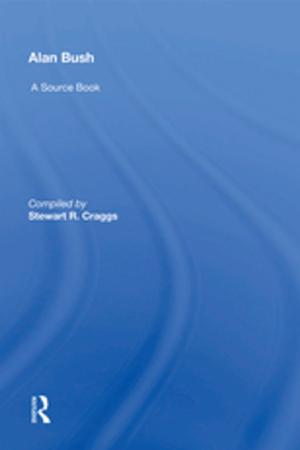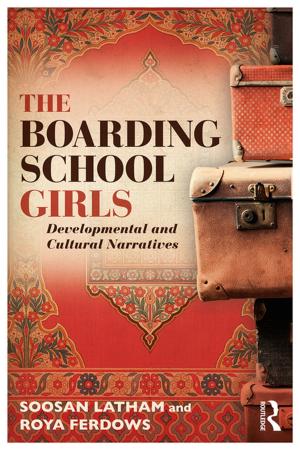| Author: | Patrice Pavis | ISBN: | 9781134928095 |
| Publisher: | Taylor and Francis | Publication: | September 2, 2003 |
| Imprint: | Routledge | Language: | English |
| Author: | Patrice Pavis |
| ISBN: | 9781134928095 |
| Publisher: | Taylor and Francis |
| Publication: | September 2, 2003 |
| Imprint: | Routledge |
| Language: | English |
Western culture has a long and fraught history of cultural appropriation, a history that has particular resonance within performance practice. Patrice Pavis asks what is at stake politically and aesthetically when cultures meet at the crossroads of theatre.?
A series of major recent productions are analysed, including Peter Brook's Mahabharata, Cixous/Mnouchkine's Indiande, and Barba's Faust. These focus discussions on translation, appropriation, adaptation, cultural misunderstanding, and theatrical exploration. Never losing sight of the theatrical experience, Pavis confronts problems of colonialism, anthropology, and ethnography. This signals a radical movement away from the director and the word, towards the complex relationship between performance, performer, and spectator.
Despite the problematic politics of cultural exchange in the theatre, interculturalism is not a one-sided process. Using the metaphor of the hourglass to discuss the transfer between source and target culture, Pavis asks what happens when the hourglass is turned upside down, when the `foreign' culture speaks for itself.
Western culture has a long and fraught history of cultural appropriation, a history that has particular resonance within performance practice. Patrice Pavis asks what is at stake politically and aesthetically when cultures meet at the crossroads of theatre.?
A series of major recent productions are analysed, including Peter Brook's Mahabharata, Cixous/Mnouchkine's Indiande, and Barba's Faust. These focus discussions on translation, appropriation, adaptation, cultural misunderstanding, and theatrical exploration. Never losing sight of the theatrical experience, Pavis confronts problems of colonialism, anthropology, and ethnography. This signals a radical movement away from the director and the word, towards the complex relationship between performance, performer, and spectator.
Despite the problematic politics of cultural exchange in the theatre, interculturalism is not a one-sided process. Using the metaphor of the hourglass to discuss the transfer between source and target culture, Pavis asks what happens when the hourglass is turned upside down, when the `foreign' culture speaks for itself.















